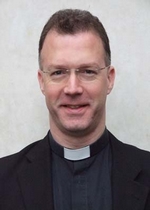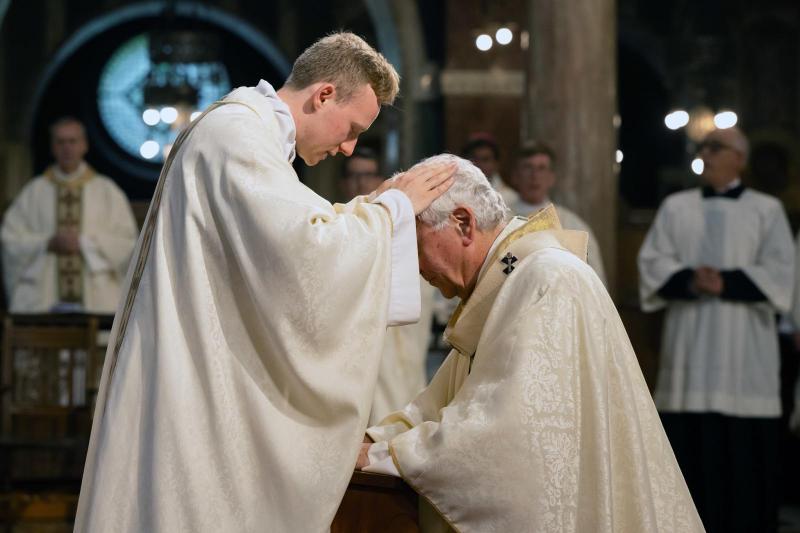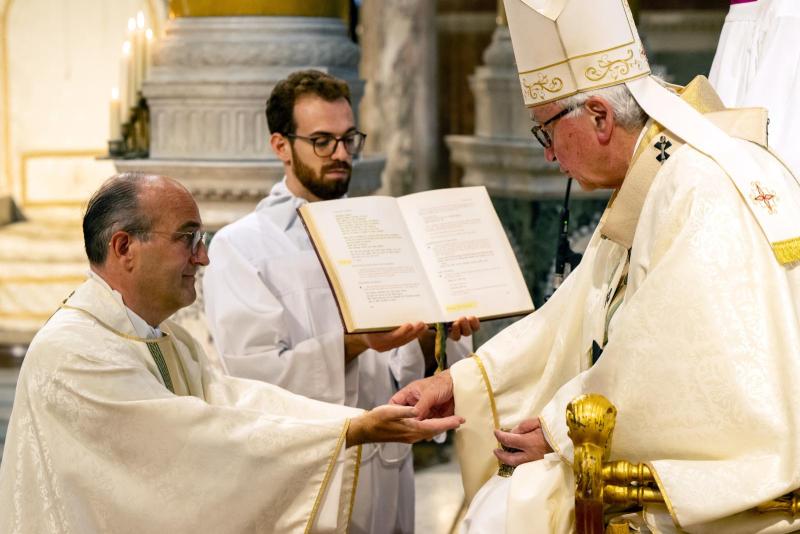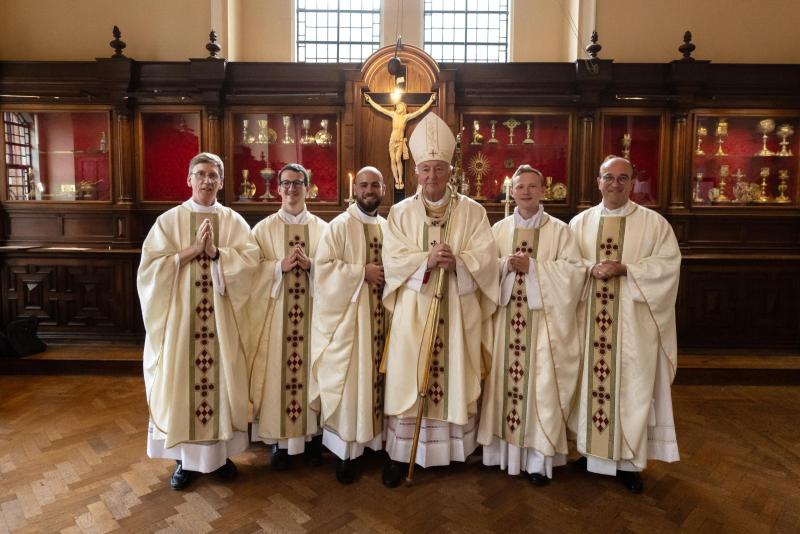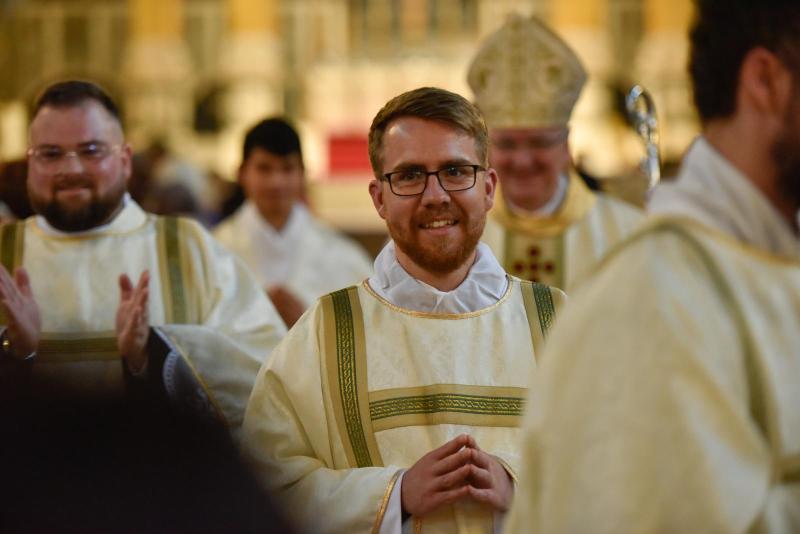'Get on the ground you fat git,' my platoon commander - a man a little over half my age- shouted at me. Thank goodness my parishioners don't address me in the same manner I thought as I flung myself to the ground, yet again, in a meaningless act in the name of training. We were under enemy fire (blanks) in hostile territory (the Surrey Downs) and rapid responses were paramount.
The Padres -as the army calls all ministers of religion recruited as chaplains- do not carry arms (and therefore do not fire weapons even in extremis) but we are to train in all other army disciplines alongside other professionally qualified officer recruits. Thus, on my one month qualifying course at Sandhurst, my colleagues were doctors, nurses, physiotherapists, vets, lawyers, and various others; there were six Padres; I was the only priest. I and another of the Padres were for the Territorial Army; the seventy-three others were joining full time. The training tempo and mode were therefore for the Regular Army, and it regularly felt like it! Our instructors expressly warned us that they'd intensify the pressure so that we (and they) could assess our 'operational effectiveness'; a visiting Major-General saying 'the British Army is not a comfortable place to be'.
Should a priest be in the midst of all this secularity - which demanded much primary evangelisation being a world which does not know or understand the Gospel - rather than serving the People of God in a parish? This was a question I often asked myself. I answered it to some extent by asking also, is there anywhere Christ should not be preached/anywhere the Sacraments should not go? If Christ's self-emptying (Phil. 2:6-11) led Him to Calvary and to the descent to the dead, surely the answer to this question is an emphatic 'No'. The more horrible -literally- the situation (a war zone's psychological pressure/deaths/suicides/severe disability/traumatic stress) the greater the need of the Redemption; the greater the need of Jesus Christ, 'the centre of the cosmos and of history', as Redemptor Hominis has it, to be the Light which the darkness cannot overpower (Jn. 1:5).
Finally it was all useful experience, with subsequent training with my unit, the T.A. City of London Field Hospital, still more useful because geared to learning about how to run (hypothetically at least) a military hospital on deployment in a war zone. I am grateful too, to the Cardinal as he has given me permission to go, should I be called up for deployment overseas. I would not expect to enjoy the experience; I may not even survive it. But I am completely certain that in bringing Christ to those in desperate need of Him, I would myself draw closer to Him.
Fr Michael Dunne
